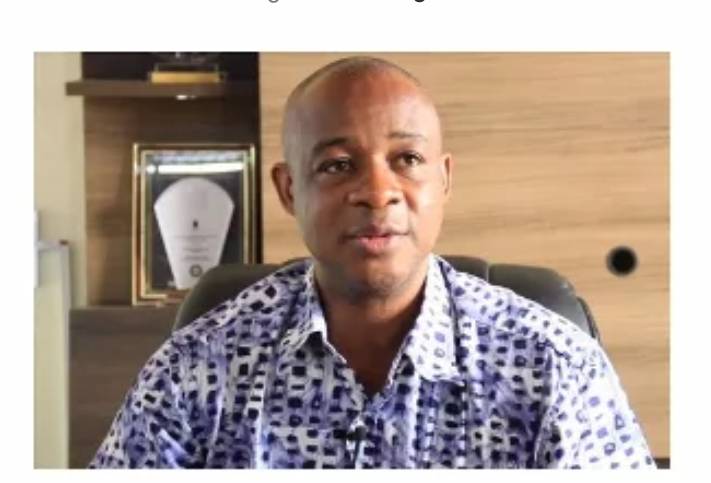Bawku Conflict: How Tensions Almost Spilled Over into Accra and Other Areas, Adam Bonaa Explains
In recent developments, prominent security analyst Dr. Adam Bonaa has shared critical insights into how the long-standing conflict in Bawku almost spread to other parts of Ghana, including the capital city, Accra. His analysis sheds light on the importance of vigilance in preventing the conflict’s escalation beyond the Northern regions.
Understanding the Bawku Conflict
The Bawku conflict, centered on ethnic, political, and chieftaincy disputes, has deep-rooted historical complexities. For years, factions in the Kusasi and Mamprusi communities have clashed over traditional authority and land rights. This tension has had severe consequences, causing both social instability and economic strain in the Upper East region.
Dr. Bonaa noted that, despite various attempts at mediation, including interventions from religious leaders, local government officials, and traditional councils, underlying grievances have remained unresolved. These persistent issues have occasionally led to outbreaks of violence, affecting innocent civilians and further complicating the search for peace.
The Threat of the Conflict Spreading
According to Dr. Bonaa, Ghana has come alarmingly close to witnessing a spread of the Bawku conflict into regions far beyond the immediate area. He pointed out that tensions from Bawku almost spilled over into cities like Accra and Kumasi, where both Kusasi and Mamprusi communities live in sizable numbers.
Dr. Bonaa explained that the migration of people from Bawku to other parts of the country, including Accra, often brings the challenges of the conflict with them. Community leaders from the opposing factions in these urban areas have attempted to build alliances and mobilize support for their respective sides, sometimes even planning protests or other forms of resistance.
Actions Taken to Contain the Conflict
The government, he said, has been actively working to monitor and manage any activities that could signal the extension of the conflict. Special units within Ghana's security apparatus have been tasked with assessing potential flashpoints, especially where high concentrations of Bawku natives reside outside the Northern regions. Security experts, including Dr. Bonaa, have consistently called for government intervention to address these underlying issues to prevent further spread.
One significant step has been the establishment of early-warning systems in collaboration with community leaders and other stakeholders. These systems focus on intelligence gathering and real-time communication between the Northern region's traditional leaders and urban areas like Accra, where monitoring potential escalations can help authorities step in promptly.
The Importance of Collaboration and Dialogue
Dr. Bonaa emphasized the importance of collaboration in addressing the Bawku conflict and preventing its spread. He noted that conflict resolution and reconciliation must prioritize dialogue between the Kusasi and Mamprusi communities, both within Bawku and in other parts of the country where these communities coexist.
According to Dr. Bonaa, a sustained peace process requires engagement from both local and national authorities, as well as support from the international community. He stressed that peace in Bawku could set a precedent for Ghana’s other ethnic conflicts and help solidify the country’s reputation as a stable democracy in West Africa.
What Lies Ahead
As the December 2024 general election approaches, the stakes are even higher, given that political dynamics can easily fuel ethnic tensions. Dr. Bonaa has urged political actors to prioritize peace and avoid statements or actions that could ignite hostilities between the factions. Political campaigns, he advised, should be mindful of the fragile state of the Bawku conflict and the impact their rhetoric can have on national unity.
The near-spread of the Bawku conflict to other parts of Ghana has highlighted the need for continued vigilance and commitment to peacebuilding. Dr. Bonaa’s insights remind us that Ghana’s stability depends on proactive measures to bridge divides and reinforce peace, not only in Bawku but across the country.
*In conclusion, Dr. Bonaa’s words underscore that Ghana cannot afford to let conflicts like Bawku extend to other regions. By prioritizing dialogue, mutual respect, and collaboration, there is hope for lasting peace not only in Bawku but for the entire nation.*




No comments yet
Be the first to share your thoughts!